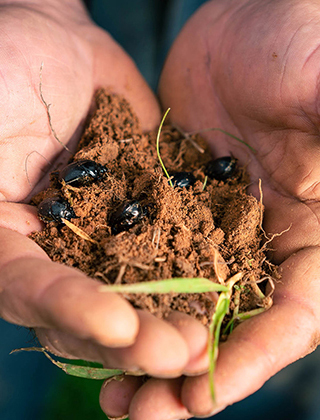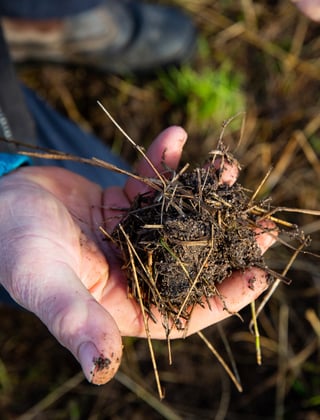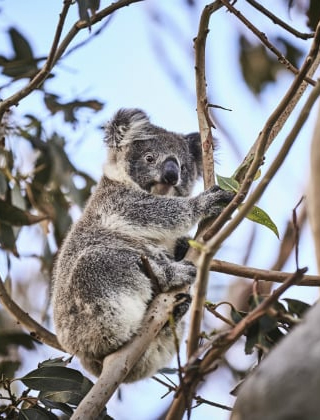Welcome to Australian Wool Innovation, a hub for the woolgrowers of Australia.
Not a woolgrower? Looking for information about wool products, wool care or wool processing?
The Woolmark Company is the global authority on wool. Visit Woolmark.com instead.
Woolmark+ insetting program gets $4M grant
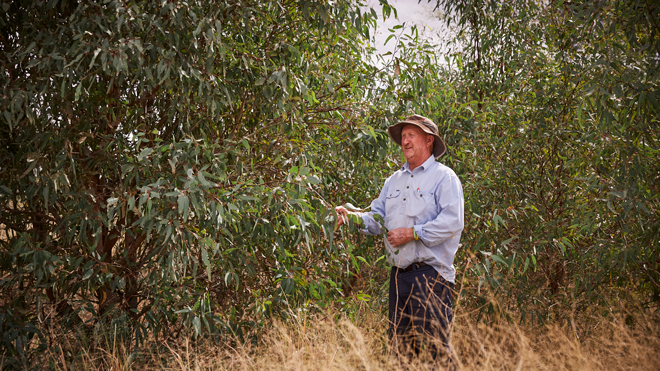
AWI has welcomed a $4 million grant from the Australian Government to kickstart the company’s ground-breaking Australian Wool Industry Insetting Program. The program will connect brands and Australian woolgrowers looking to reduce greenhouse gas (GHG) emissions through nature-based solutions.
The Australian Wool Industry Insetting Program is a new program that is part of AWI’s recently unveiled Woolmark+ roadmap to a nature positive future (www.wool.com/woolmarkplus). The Woolmark+ roadmap aims to support woolgrowers and their customers to future proof wool in response to the increasing consumer and regulatory demands for low-impact products within the fashion and textile industries and along their supply chains.
Insetting provides opportunity to reduce GHG emissions in the wool supply chain at scale.
In contrast to carbon offsetting, which involves companies balancing out their GHG emissions by investing in projects that reduce GHG emissions in other industries, carbon insetting focuses on reducing GHG emissions within the company’s own supply chain.
The new Australian Wool Industry Insetting Program will develop and trial an insetting framework aimed at keeping GHG emissions reductions within the wool textile supply chain. This industry-first initiative aims to create the foundation of an Australia-wide wool insetting market, connecting Australian woolgrowers with global fashion and textile brands that are looking to meet their Scope 3 emissions targets, to jointly deliver on-farm emissions reductions and removals projects.
The program is supported by a strategic partnership between AWI, specialist climate change investment and advisory firm Pollination Group and not-for-profit environmental organisation Landcare Australia. It will establish a comprehensive accounting protocol, methodologies, and case studies to enable woolgrowers to implement on-farm nature-based solutions that reduce GHG emissions.
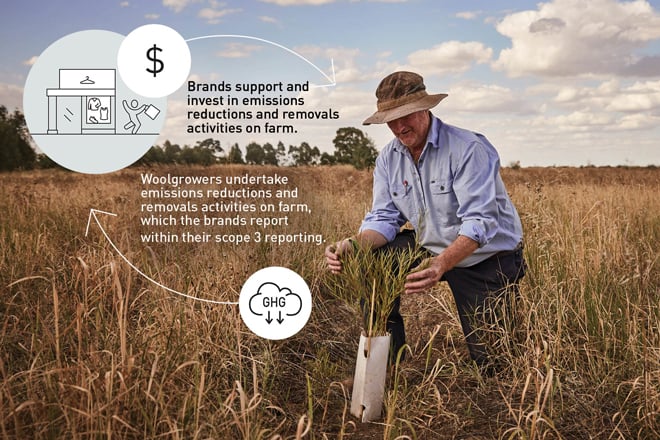
AWI CEO John Roberts says a key element of the new program is to facilitate investment from global fashion and textile brands into GHG emission reductions on Australian wool-growing properties.
“We want to offer woolgrowers an option and brands a solution that allows emissions reductions to remain within the wool textile supply chain,” John said.
“Brands are increasingly seeking ways to address their Scope 3 emissions, but scaling these efforts has been a challenge. Insetting presents an exciting opportunity for brands to meet their emissions targets while simultaneously supporting Australian woolgrowers. We’re grateful to the Australian Government for their support of this game-changing initiative.”
The program aims to break down significant barriers woolgrowers face when reducing GHG emissions, including the lack of guidance on best practices, upfront capital, and market engagement. By addressing these challenges, this initiative will pave the way for impactful emissions reductions across the wool value chain.
As part of the program, AWI is inviting Australian woolgrowers and global fashion and textile brands to collaborate in achieving industry-wide GHG reductions.
Interested woolgrowers and brands are invited to contact AWI at woolmarkplus@wool.com to get involved or for more information.
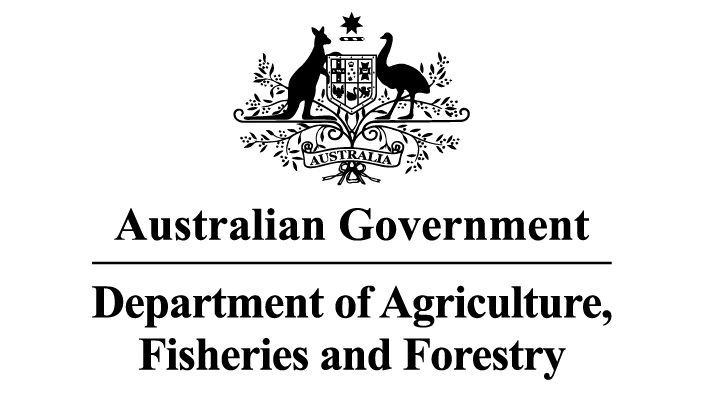
The Australian Wool Industry Insetting Program is supported by the Australian Government through funding from the Climate-Smart Agriculture Program under the Natural Heritage Trust.
This article appeared in the December 2024 edition of AWI’s Beyond the Bale magazine. Reproduction of the article is encouraged.






